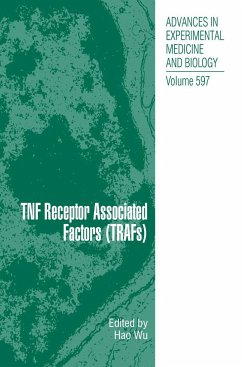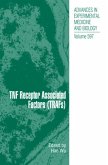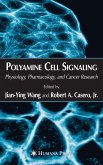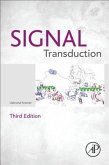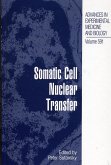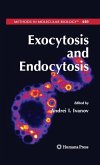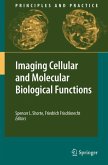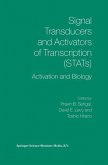It has been established that TNF receptor associated factors (TRAFs) are critical signaling mediators for not only the TNF receptor superfamily, but also the interleukin-1 receptor/Toll-like receptor superfamily and the T-cell receptors. They play important roles in mammalian biology including embryonic development, innate and adaptive immune regulation and maintenance of cellular homeostasis. Agents that manipulate the signaling of these receptors are being used or showing promise towards the treatment and prevention of many human diseases such as rheumatoid arthritis, coronary heart disease, transplantation rejection, insulin resistance, multiple organ failure and cancer.
TNF Receptor Associated Factors is the only literature that is entirely devoted to TRAFs. Almost every aspect of TRAF signaling is covered, including the different TRAF family members, their distinct biological functions, the TRAF structures, their modes of receptor recognition, the signaling mechanisms, and the roles of TRAFs in normal cellular functions and in viral infection. TNF Receptor Associated Factors is intended for a wide audience, including researchers in the field of TRAF signaling and students and postdoctoral fellows learning cell biology and cell signal transduction. This exciting new volume is up to date on the most recent advances in TRAF signal transduction.
TNF Receptor Associated Factors is the only literature that is entirely devoted to TRAFs. Almost every aspect of TRAF signaling is covered, including the different TRAF family members, their distinct biological functions, the TRAF structures, their modes of receptor recognition, the signaling mechanisms, and the roles of TRAFs in normal cellular functions and in viral infection. TNF Receptor Associated Factors is intended for a wide audience, including researchers in the field of TRAF signaling and students and postdoctoral fellows learning cell biology and cell signal transduction. This exciting new volume is up to date on the most recent advances in TRAF signal transduction.

